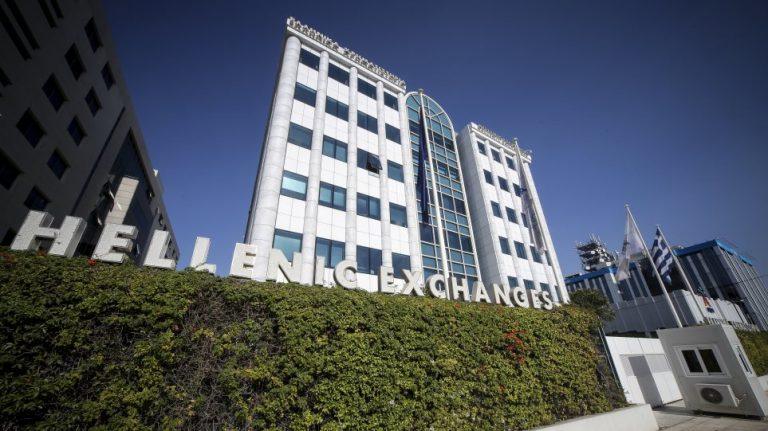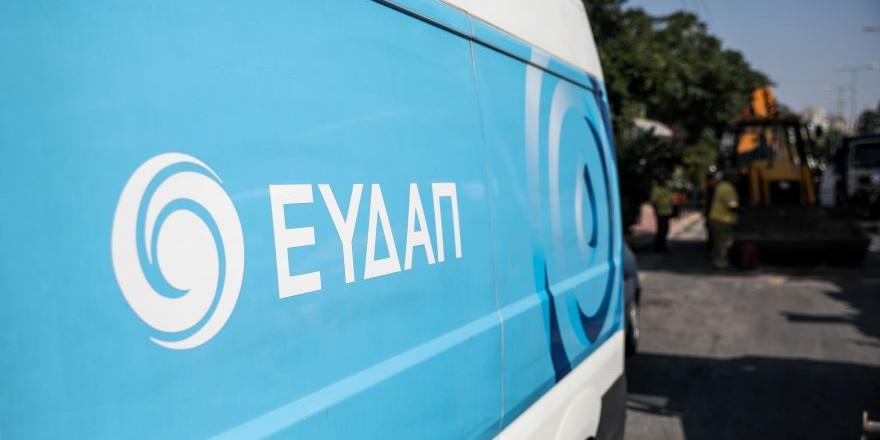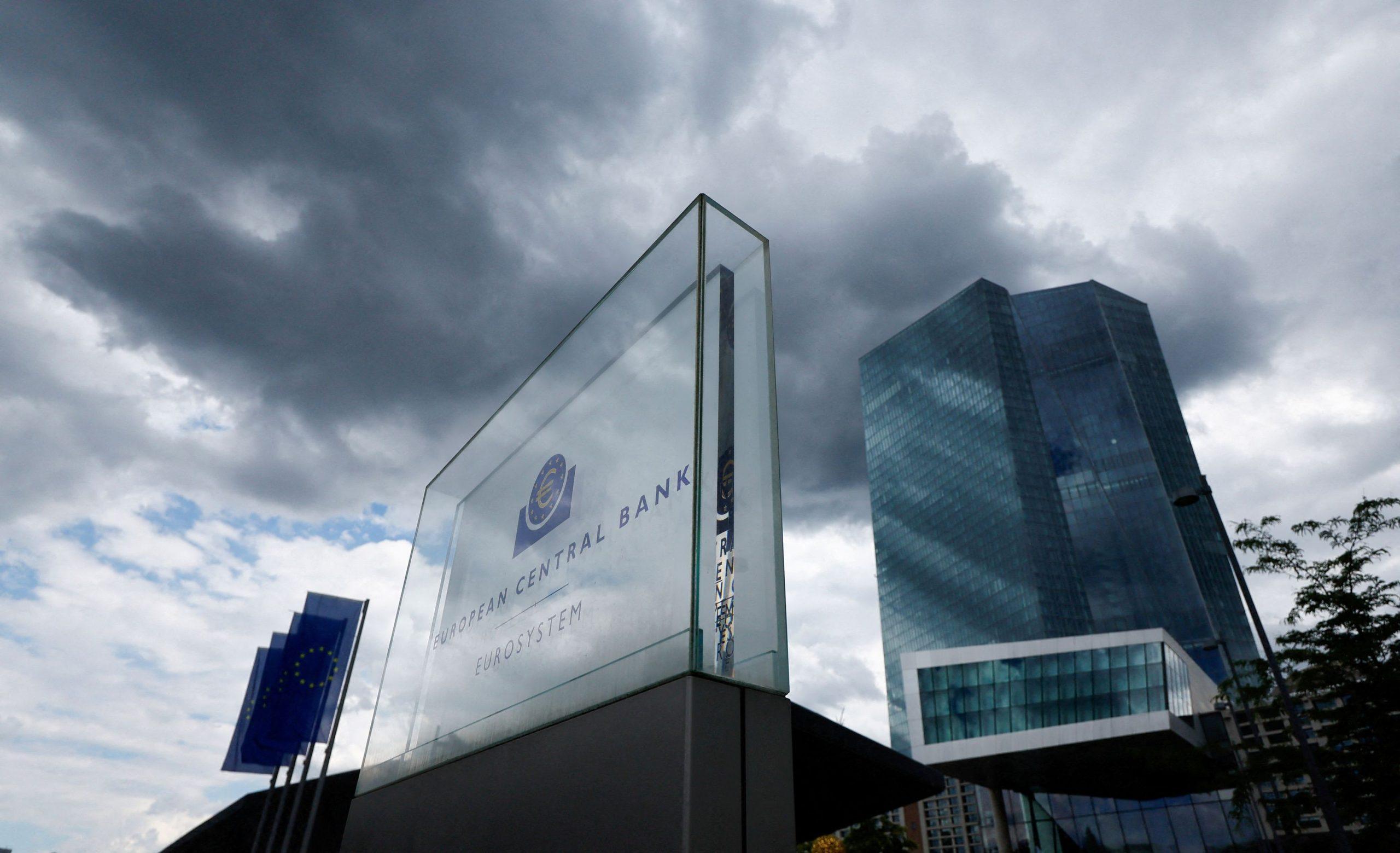The fruits of the transformation and consolidation actions of their balance sheets that were completed last year are to be reaped by banks in the next quarters, aiming at profits of at least 1.50 billion euros at the industry level in the year 2022. Their net income may rise remarkably after the mass redrawing of red loans in 2021, however there is a realistic expectation to cover these losses in other ways.
According to the business plans of the four systemic groups, their managements expect high rates of return on equity, which on average will move above the levels of 7% this year (Eurobank 10%, National Bank 9%, Alpha Bank 7%, Piraeus Bank over 5%).
Three parameters
To verify these predictions, from now on priority will be given to boosting organic profitability. The year, as mentioned above, starts with the significant loss of interest from non-performing exposures that were placed outside the bank balance sheets. The relatively net income is expected to decline this year by 600 million euros, after their annual decline by 200 million euros in 2021.
However, banking sources estimate that replenishing them to achieve a satisfactory net result for the entire fiscal year 2022 will not be a particularly difficult task. This is for three reasons:
First, commission revenues are estimated that after the expected + 15% of 2021, will increase by at least 6% this year (+100 million euros) and will be formed in a conservative scenario at the level of 1.50 billion euros. This support will come both from the emerging growth of the use of cards and electronic channels (e-banking, mobile banking) by households and businesses, as well as from the increase in lending to the real economy, as well as sales of investment and other non-banking products.
Secondly, the de-escalation of operating expenses will continue this year as the savings moves made last year, such as the restructuring of the branch network and the reduction of wage costs with the voluntary departure of employees, will take place. It is estimated that in relation to 2021 the total costs will decrease by 5% or 200 million euros.
Third, there will be a significant reduction in credit risk phenomena and spending. Now, the largest volume of transactions in red loans that necessitated the formation of extraordinary impairment provisions has already been executed. So there will be no one-off large-scale damage. Indicative of the burden of the results of 2021 is the fact that the forecasts are expected to close at the level of 9 billion euros, while for 2022 analysts estimate that they will not exceed 1 billion euros.
Conditions
After the very good performance, without any delay, on the bad credit front, but also the capital support moves with the issuance of shares and bonds completed in 2021, the banks have come closer to the goal of distributing dividends for the first time after more than ten years. So if the 2022 profits move to high and sustainable levels, the projected reduction of arrears to 5% -6% or lower has been achieved and there is no need for internal capital creation through profits, the ECB could give the green light for a return on equity to shareholders.
Keeping capital adequacy ratios above the minimum required is perhaps the most critical factor. This is because the supervisor (ECB) will in no case allow the distribution of a dividend at the risk of a bank being in need of fresh capital again in any of the following years. Something that depends on the estimates both for its access to the markets and for the possibility of maintaining or increasing its profitability. Eurobank has already announced that after the announcement of the results of last year in the first quarter of 2022, it will start discussions with the supervisory arm of the ECB (SSM) on the possibility of a return of capital to its shareholders, while the National Bank estimates that the time is approaching when corresponding contacts will begin.














![Airbnb: Πάνω από 90% οι πληρότητες για Χριστούγεννα και Πρωτοχρονιά [πίνακας]](https://www.ot.gr/wp-content/uploads/2025/12/ot_airbnb_christmas.jpg)




























